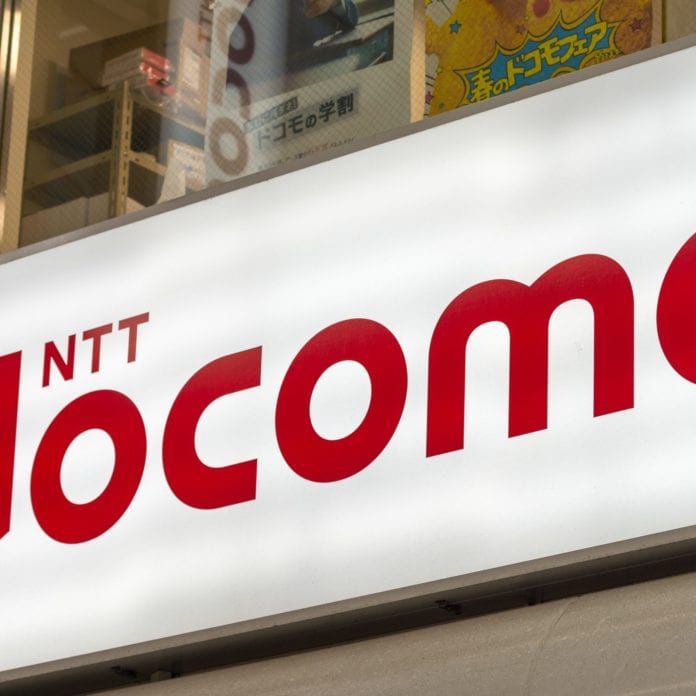NTT DoCoMo plans to deploy 10,000 5G base stations by 2021
Japanese telecommunications operator NTT DOCOMO has recently completed trials in Thailand and Singapore aimed at expanding the global adoption of Japanese mobile network equipment for 5G and advanced network services, the telco said in a statement.
The trials were organized by DoCoMo in collaboration with Denki Kogyo and Advanced Info Service (AIS) in Thailand and AGC and StarHub in Singapore.
In trials held in Thailand on Sept. 25 and Dec. 18, Denki Kogyo’s “metamaterial reflectarray” antenna for flexibly designed radio-wave reception areas was deployed in a 5G trial environment constructed by Thai mobile operator AIS. The trial measured reception intensity and compatibility with the local network environment.
In the Singapore trial a glass-embedded antenna jointly developed by DoCoMo and AGC and introduced earlier this year was deployed in a 5G trial environment created by Singapore telco StarHub. The test confirmed that the antenna could be embedded on the windows of buildings to provide mobile coverage in urban areas. DoCoMo’s local subsidiary NTT DoCoMo ASIA provided support for this latter trial.
The trials enabled DoCoMo to identify the needs of overseas mobile operators, obtain knowhow on acquiring approvals from local authorities, confirm trade procedures, verify compatibility with local network equipment.
Overviews of both trials will be presented during DOCOMO Open House 2020, which will take place in Tokyo on January 23 to 24, 2020.
“DoCoMo now aims to begin introducing sophisticated technologies and products of Japanese mobile-equipment makers to mobile operators in global markets. DoCoMo will draw on the experience and knowhow it has accumulated in global business so far to adapt to the business environments and legal systems of each market, thereby helping Japanese makers to access promising opportunities worldwide,” the carrier said in a statement.
Since November 2015, DoCoMo has been supporting the realization of mobile communication networks around the world by providing global operators with consulting services covering new technology introduction support, network assessment and customer experience improvement.
“DoCoMo is committed to collaborating with global companies by leveraging its mobile network technologies and expertise for the creation and delivery of innovative solutions that provide new value and meet important needs in global society.”
NTT DoCoMo previously said that it plans to expand its 5G commercial services service to 45 prefectures across Japan by the end of June 2020.
The company’s President and CEO, Kazuhiro Yoshizawa, said during a conference call with investors that the firm expects to deploy 10,000 5G base stations by mid-2021. The operator is currently rolling out 5G services on the 3.7 GHz, 4.5 GHz and 28 GHz bands.
NTT DoComo had launched pre-commercial 5G services in 40 locations on 20 September. Since that date, users in Tokyo and other major cities in the nation, including Nagoya and Osaka, are able to experience 5G technology ahead of the full commercial launch.
NTT DoCoMo said it plans to expand 5G coverage by combining 5G networks with existing 4G networks using equipment from diverse vendors.

